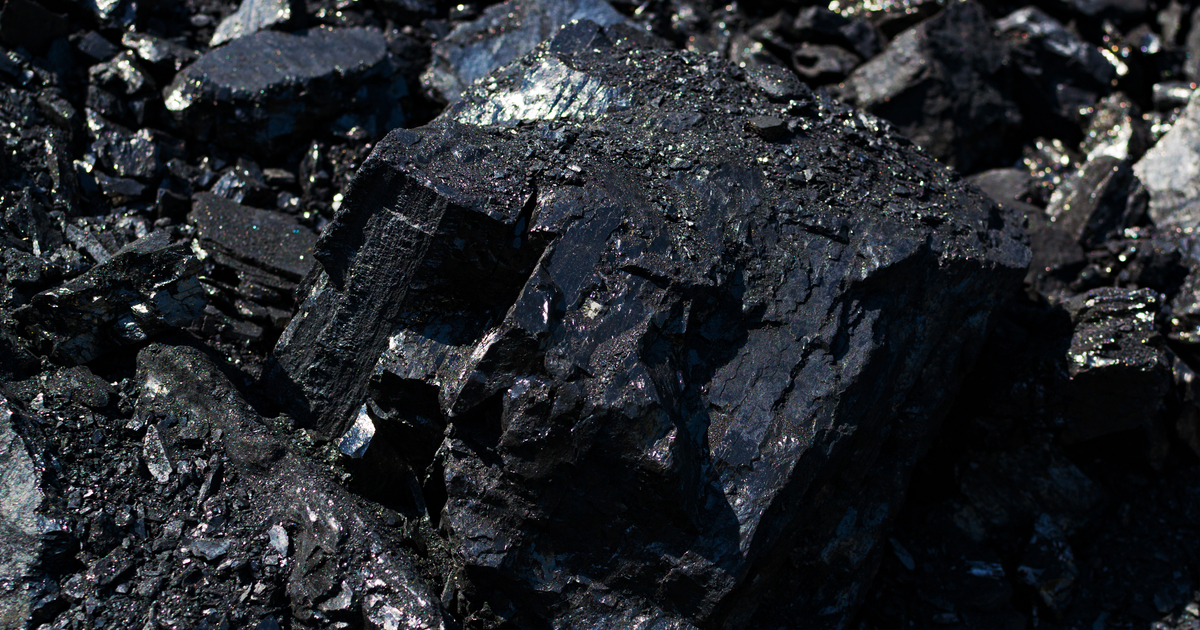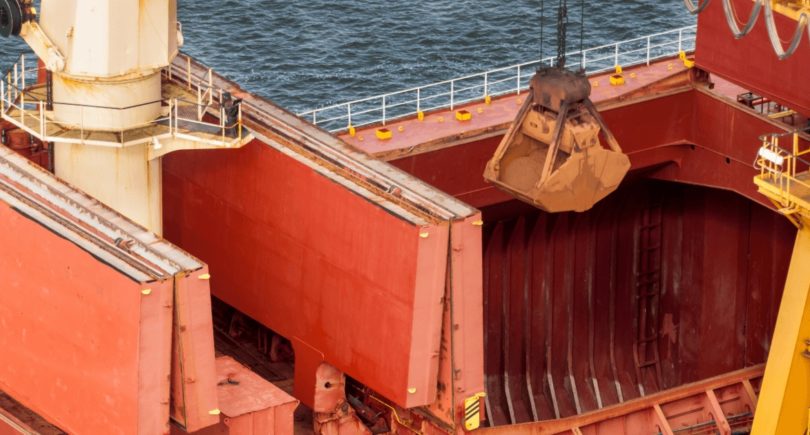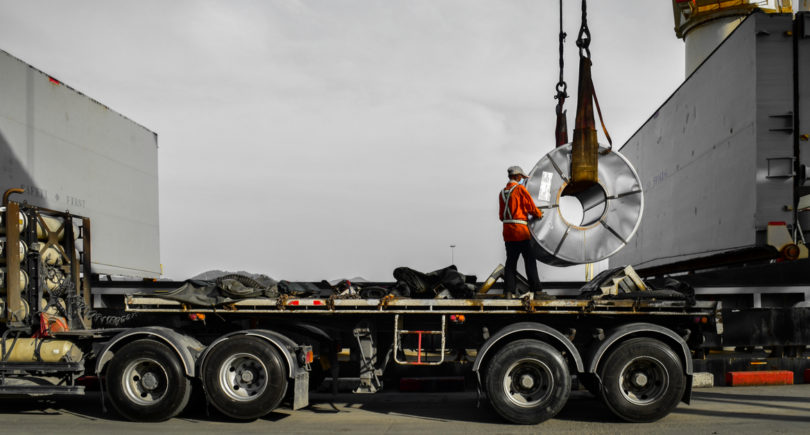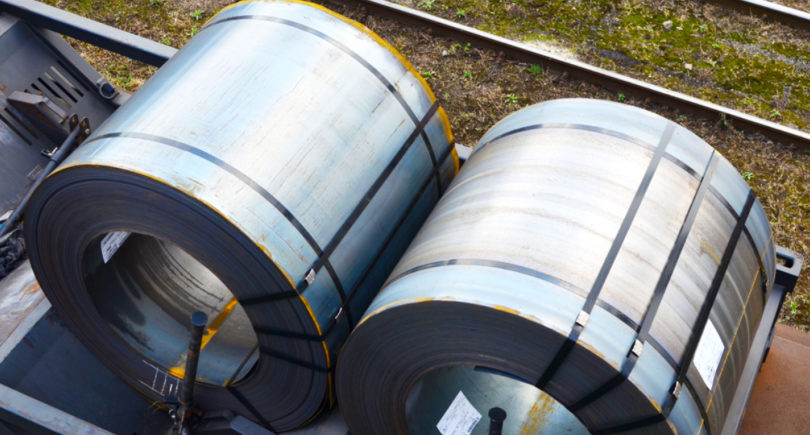
News Global Market China 609 22 August 2023
The main factor in the reduction of the indicator is a decrease in supplies from the Russian Federation and Canada
In July 2023, China reduced coking coal imports by 8% compared to the previous month, to 7.13 million tons. This is evidenced by the data of the Chinese customs authorities, S&P Global reports.
The main factor in the decline in the July figure is a decrease in the supply of raw materials from Russia and Canada. Russian imports fell 27% mom in July to 1.61 mln t amid repairs to the railroads that transport coal to ports for export.
The volume of imports from Australia also fell sharply by 26% compared to the previous month – to 161.7 thousand tons. Deliveries from the USA and Canada decreased by 17% and 52%, respectively, to 359.5 thousand tons and 445.2 thousand tons.
At the same time, imports of coking coal from Mongolia resumed during July. Over the month, Chinese consumers imported 4.34 million tons of Mongolian raw materials, up 14% m/m.
Export of metallurgical coke from China decreased by 3.3% m/m in July – up to 643.1 thousand tons. The largest volume of products was shipped to the Netherlands – 75.7 thousand tons, and India – 151.3 thousand tons. Coke imports to China increased by 134% m/m in July – to 23.39 thousand tons
As GMK Center reported earlier, Chinese steel industry as part of China’s ambitions to achieve carbon neutrality by 2060, it plans to reduce coking coal consumption in steel production by 20-25% over the next 7 years.
In 2022, the production of coking coal in China amounted to 676 million tons. Another 64 million tons of raw materials were imported. China’s steelmaking industry accounts for about 20% of the country’s total annual carbon emissions due to its heavy reliance on coal for steel production in blast furnaces.



